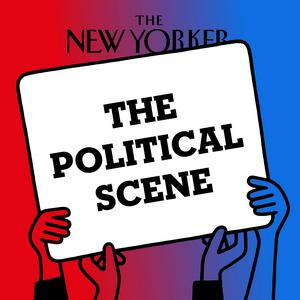The Washington Roundtable discusses the war that the United States and Israel have started with Iran, how the conflict might evolve and affect the whole region, and the Trump Administration’s rationale for launching the strikes. “I don’t think we have yet heard a clear explanation of what this war is about, what they intend to achieve, what the strategic goals are, and how it’s supposed to end,” the staff writer Jane Mayer says. The group also reflects on the lessons that they learned while reporting on the Iraq War about how conflicts such as these can transform societies.
This week’s reading:
“Can Donald Trump Win a War with Iran If He Can’t Explain Why He Started It?,” by Susan B. Glasser
“Do U.S. Presidents Have the Power to Declare War?,” by Jill Lepore
“In the Texas Primaries, a Good Night for James Talarico, and a Bad One for John Cornyn,” by Benjamin Wallace-Wells
“What Ayatollah Ali Khamenei Meant to Iran, and What Comes Next,” by Robin Wright
“Has Trump Thought Through the Endgame in Iran?,” by Ishaan Tharoor
To discover more podcasts from The New Yorker, visit newyorker.com/podcasts. To send in feedback on this episode, write to
[email protected] with “The Political Scene” in the subject line.
Tune in to The Political Scene wherever you get your podcasts.
Learn about your ad choices: dovetail.prx.org/ad-choices


